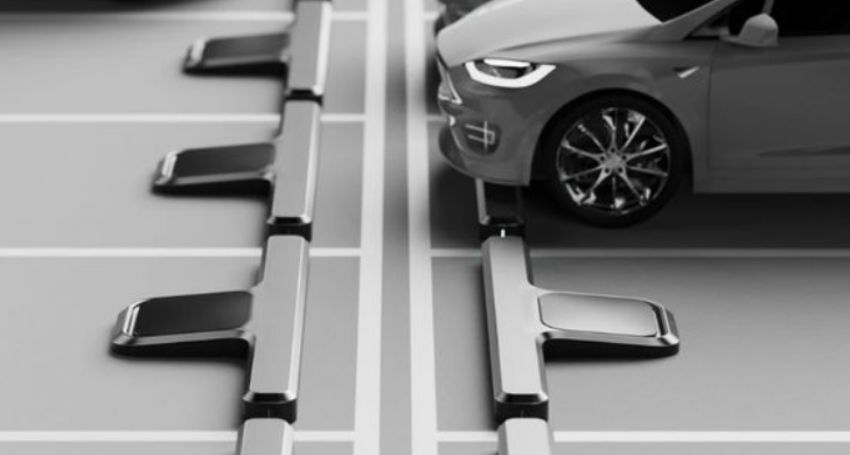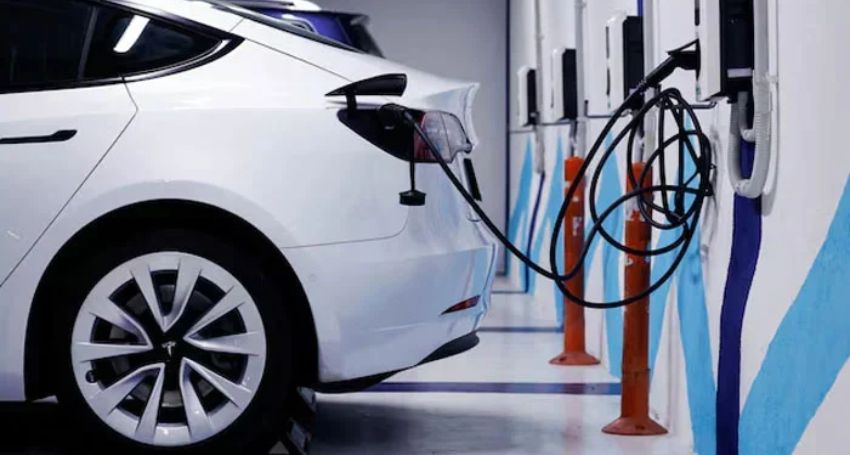
Brakes are generally popular amongest the old and young alike. They are know to give you the ability to stop vehicles, avoid collisions, and ensure safety… However, brakes also pose significant costs and complexities for companies and companies love cutting costs and being “disruptors” in their industry, perhaps LiveWire will be just that! Harley-Davidson’s LiveWire brand has a new patent for “Virtual Brakes.”
According to the patent description, mechanical frictional brakes, such as hydraulic brakes, add cost and weight, impacting the performance of vehicles, particularly electric motorcycles. Additionally, mechanical brakes dissipate kinetic energy that could otherwise be used to charge an electric power store within the vehicle, thereby limiting the range and operation of an electric vehicle. This has all come to surface on the design of a LiveWire Harley Davidson bike that was once considered and then shelved.
The patent details methods and systems for regeneratively braking at least one wheel of a vehicle, such as an electric motorcycle. In some embodiments, regenerative braking serves as the sole mechanism to brake a wheel, like the rear wheel of a motorcycle. Replacing a rear hydraulic brake with regenerative braking reduces the cost, weight, and complexity of the vehicle, thereby enhancing its performance.

LiveWire appears to be considering the removal of the company’s rear brake setups in favor of a fully “virtual” regenerative setup. While one-pedal driving and strong regenerative braking capabilities have been advertised by companies like BMW, these have not typically involved the complete removal of brake setups as LiveWire suggests. Traditional brakes are generally retained for safety reasons in case something goes wrong with the regenerative system.
For now, it seems LiveWire does not intend to eliminate the front brake. However, this move to reduce braking systems raises concerns among those who have relied on them throughout their motorcycling careers.
The patent also mentions a “virtual clutch” that would provide riders with more control over the electric motorcycle. While this is an exciting development, the focus remains on the concept of “virtual brakes.” Many enthusiasts maintain that mechanical redundancy is essential for safety, at least for now.
Perhaps it is time to get rid of break? 😅



